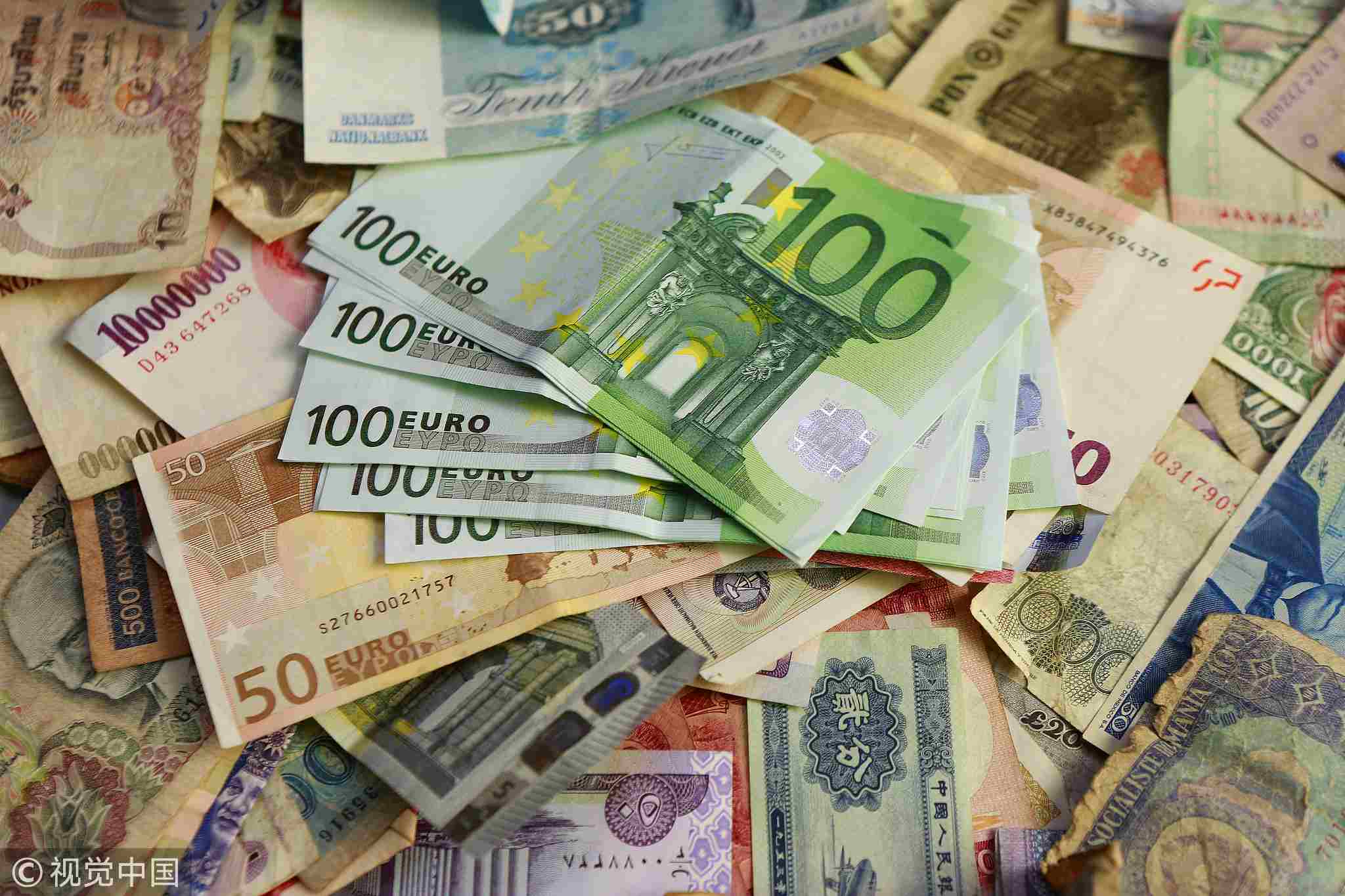
Opinions
08:56, 29-Dec-2018
Opinion: New foreign investment law benefits IPR holders
Updated
08:16, 01-Jan-2019
Zhang Nan

Editor's note: Dr. Zhang Nan is a researcher at the College of Comparative Law under China University of Political Science and Law. The article reflects the expert's opinion, and not necessarily the views of CGTN.
As winter goes by and the cold air arrives, people are preparing presents for the New Year. The forthcoming launch of the new Chinese Foreign Investment Law is a wonderful and spirit-lifting gift for both domestic and foreign intellectual property right holders.
Let me show you several important articles in the draft of this law related to intellectual property right holders and why they are beneficiary.
Article 1 states the legislative purpose of this law as further expanding opening-up, actively promoting foreign investment, protecting the legitimate rights and interests of foreign investment, promoting the formation of a new pattern of comprehensive opening up and promoting the healthy development of the socialist market economy.
This provides the base for faith and security for both domestic and foreign intellectual property right holders. As foreign investors continue to invest their funds, transfer or license their technologies and get their products to be manufactured in China, they need a good legal framework to guarantee their rewards in cross-border cooperation.

U.S. dollar and Chinese yuan. /VCG Photo
U.S. dollar and Chinese yuan. /VCG Photo
Providing security in the first article in the law draft shows the spirit of the rule of law and the determination of Chinese legislators to provide equal protection to both domestic and foreign investors.
Article 10 states that in formulating laws, regulations and rules relating to foreign investment, the opinions and suggestions of foreign-funded enterprises shall be considered.
This takes the foreign investor's and intellectual property right holders' opinions into consideration so that the rule-making process is fair and transparent.
In my opinion, this is another method to increase the confidence and faith of foreign intellectual property right holders because they become part of the foreign investment related law-making process in China.
Article 21 designates that foreign investors' royalties for the use of intellectual property rights, compensation or compensation obtained according to law, may be transferred outside China freely in RMB or foreign exchange.

Paper currencies. /VCG Photo
Paper currencies. /VCG Photo
This article aims at dealing with the concerns of the monetary outcome of foreign intellectual property right holders. They are free to decide whether to keep their monetary reward in or outside China. This article also reflects the spirit of respecting the free will of foreign investors.
Meanwhile, Article 22 states that China protects the intellectual property rights of foreign investors and foreign-invested enterprises, and the legitimate rights and interests of intellectual property rights holders and related rights holders, and encourages technical cooperation based on voluntary principles and commercial rules.
The conditions for describing cooperation in the process of foreign investment shall be determined through consultation among the investors. Administrative organs and their staff members shall not use administrative means to force the transfer of technology.
This article is the most important one in this law for the foreign intellectual property right holders. The contract of technology transfer is built on the base of free will and fair trade.

The Ministry of Commerce of the People's Republic of China. /VCG Photo
The Ministry of Commerce of the People's Republic of China. /VCG Photo
This law, working together with Chinese patent law, copyright law, trademark law and anti-trust law, is able to provide a comprehensive legal protection framework for foreign intellectual property right holders.
Meanwhile, the definition and meaning of “force” and what behavior is regarded as “force” shall be further clarified in further judicial explanations or regulations.
In 1943, the famous American psychologist John Maslow proposed his theory, "The Hierarchy of Needs," in Psychological Review. This theory is used to study humanity based on behavioral motivations.
The level of “safety” in this hierarchy is very important because it is an inevitable pattern when human motivation moves up to “belonging and love.” Thus, increasing secure feelings and faith in China's trading partners plays a key role to further implement the opening-up policy.
(Cover Photo: The Chinese characters for Foreign Investment Law. /VCG Photo)
(If you want to contribute and have specific expertise, please contact us at opinions@cgtn.com.)

SITEMAP
Copyright © 2018 CGTN. Beijing ICP prepared NO.16065310-3
Copyright © 2018 CGTN. Beijing ICP prepared NO.16065310-3